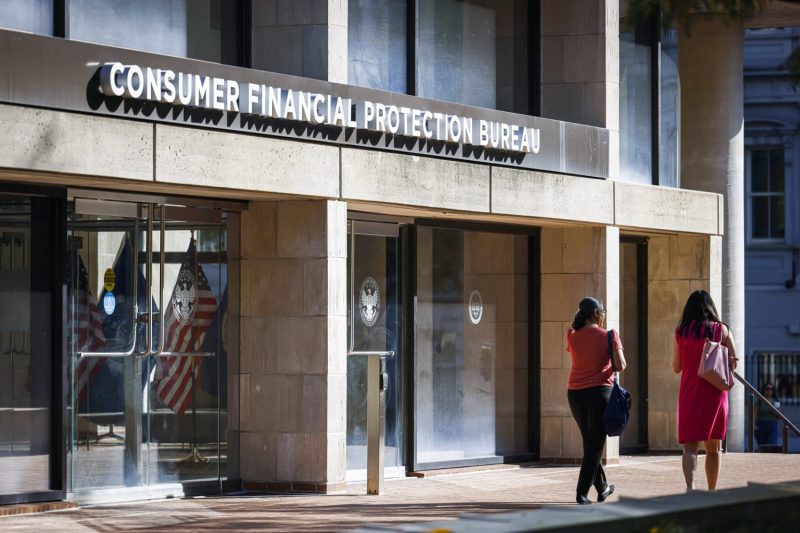The Consumer Financial Protection Bureau (CFPB) is tasked with protecting consumers in the financial marketplace. Recent developments have seen the introduction of a rule that aims to save Americans a staggering $10 billion a year in late fees. However, this rule is currently facing a potential last-minute freeze, raising concerns and questions among various stakeholders.
Late fees have long been a significant source of frustration and financial burden for many Americans. Unforeseen circumstances, such as job loss or medical emergencies, can easily lead to missed payments, triggering hefty penalties that only serve to exacerbate individuals’ financial difficulties. Therefore, any measures that seek to mitigate these fee structures are generally viewed as positive steps towards consumer protection.
The proposed CFPB rule is designed to address this issue by setting limits on the amount of late fees that financial institutions can impose on consumers. By capping these fees, the rule seeks to provide much-needed relief to individuals who may find themselves in challenging financial situations. The estimated annual savings of $10 billion underscores the potential impact that this rule could have on the financial well-being of millions of Americans.
However, the possible last-minute freeze of this rule is causing concern among consumer advocacy groups and individuals who stand to benefit from its implementation. The reasons behind this potential freeze are not entirely clear, leading to speculation and uncertainty about the future of the rule. In the absence of a definitive explanation, stakeholders are left wondering about the motivations and implications of such a decision.
The timing of this potential freeze is also significant, as it coincides with a period of economic uncertainty and financial strain for many individuals. The ongoing pandemic has exacerbated existing financial challenges for a significant portion of the population, making the need for consumer protections more pressing than ever. In this context, any delays or obstacles to the implementation of beneficial rules like the one proposed by the CFPB are met with heightened scrutiny and apprehension.
Moving forward, it is essential for regulatory authorities to provide clarity and transparency regarding the status of the CFPB rule and any potential freezes. Consumers deserve to know whether they can expect relief from excessive late fees and what steps are being taken to prioritize their financial well-being. As discussions around consumer protection continue to evolve, it is crucial for all stakeholders to engage in constructive dialogue and advocate for policies that prioritize the interests of consumers above all else.
In conclusion, the proposed CFPB rule to save Americans $10 billion a year in late fees represents a significant opportunity to alleviate financial burdens for individuals across the country. However, the possible last-minute freeze of this rule is raising concerns and uncertainties about its future impact. As discussions around consumer protection continue, it is crucial for regulatory authorities and stakeholders to work together towards implementing policies that prioritize the financial well-being of consumers and promote a fair and transparent financial marketplace.

